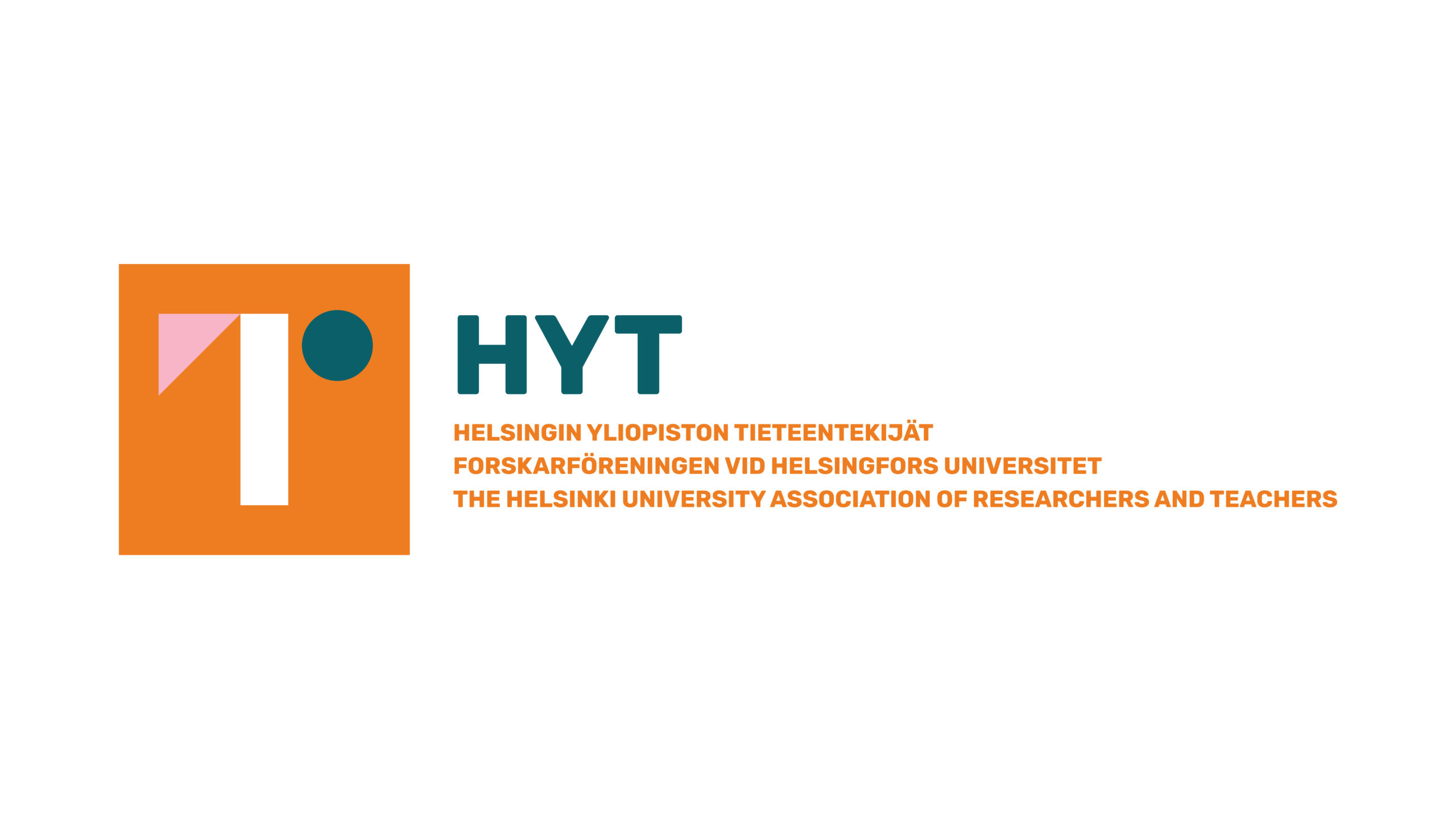The status of grant-funded researchers has been discussed in academic communities for some time. Several studies have shown that few grant-funded researchers feel that they are part of the academic community (HYVÄT 2018, the Finnish Union of University Researchers and Teachers 2018, TATTE 2020). The survey carried out by HUART last autumn unfortunately did not show progress in this respect. However, we do not have to accept the current situation, as at its core this is a matter of organisation and values – and much can be done about these if we so choose. Recent news from the University of Jyväskylä and the University of Eastern Finland are good examples of how change is possible.
Only about a third of respondents in HUART’s survey felt they are part of the academic community. Another third felt that they have dubious or partial membership in the academic community, while the final third felt they are outside the academic community altogether.
So clearly there is room for improvement but let us begin with the successes, as these best reveal what the ingredients of satisfaction are. The respondents who felt most strongly that they are part of the academic community spoke a great deal about the significance of their immediate community. Regular contact with one’s closest colleagues on campus, in workspaces, in the coffee room, and during lunch breaks seems to be the key to a functional community. Thus, the factors that strengthen the sense of community are all those structures and practices that strengthen grant-funded researchers’ contacts with their own immediate community. Having a workspace close to colleagues from one’s own subject/research group/other close colleagues is a crucial element but other contacts with colleagues such as meetings, lunches, and coffee breaks are needed as well. PhD candidates also mentioned seminars and classes among the factors that strengthen the sense of community. Furthermore, teaching opportunities maintain contact with one’s own unit.
The core of the problem is that many of these elements are offered to grant-funded researchers arbitrarily. It is often difficult for grant-funded researchers to secure a workspace, and it is near impossible for them to enrol in university pedagogy courses because these are classified as staff training. There are few teaching opportunities available to them because units do not have the funds to hire hourly teachers.
Bureaucracy and discriminatory practices
For those who felt they have partial membership in the community, the academic community appeared as distant and, in some ways, even hostile, while they still felt like they belong to the researcher community. Their responses, too, emphasised the importance of close colleagues but they also mentioned practices that discriminate against grant-funded researchers.
“Yes, I feel I am part of the academic community though at times it feels like I am not a welcomed member. My closest colleagues in my own subject create an academic community but the University itself treats people, especially in the grant-funded stage, like second class citizens, and people who do not have a grant are treated as people who it would be best to forget.”
Likewise, those who felt they are completely outside the community wrote a great deal about discriminatory practices such as, a lack of workspaces, information that never reaches them, and complicated bureaucracy. We can conclude from the survey responses that successful integration into one’s own immediate community is most important for a grant-funded researcher to feel like they are part of the academic community. This is best achieved when a researcher has a workspace within their own immediate community.
It is also of primary importance that the university’s practices be changed to be less discriminatory. For those researchers who are not connected to the actual academic community via workspaces or other regular contact, the relationship with the University constitutes of bureaucracy and administrative practices. If one’s relationship to the University is expressed exclusively as inflexible bureaucracy, unclear communications, or other discriminatory practices, it is clear that a researcher will feel excluded.
“[…] The university’s communications, for example, during the COVID-19 pandemic has been directed only at those with an employment contract. They repeatedly say “talk with your boss (esimies).” I do not have a boss (esimies).”
Forward together
Grant-funded researchers play an important role in furthering research in their fields. It is not ethically sustainable that the University counts them among its community members only when tallying the number of publications but not when their working conditions, their ability to cope at work, and their wellbeing is discussed. In several other sectors it would be a scandal if one group was discriminated against so blatantly.
If the isolation and distance brought on by the pandemic has taught us anything, it is how much we need each other. Remote meetings, remote teaching, remote supervision, remote lunches, or remote coffee breaks are no substitute for face-to-face contact. The experience that we are part of a community is born from in-person contact. The responses to our survey about the impacts of the pandemic spoke of grant-funded researchers’ growing isolation and workload. After the pandemic we must ensure that grant-funded researchers are made a part of the academic community. Let us do it in the name of Truth, Freedom, Bildung, and Inclusivity.
Julia von Boguslawski, HUART Board Member,
PhD Candidate, Faculty of Arts
& Grant researchers’ working group HUART
